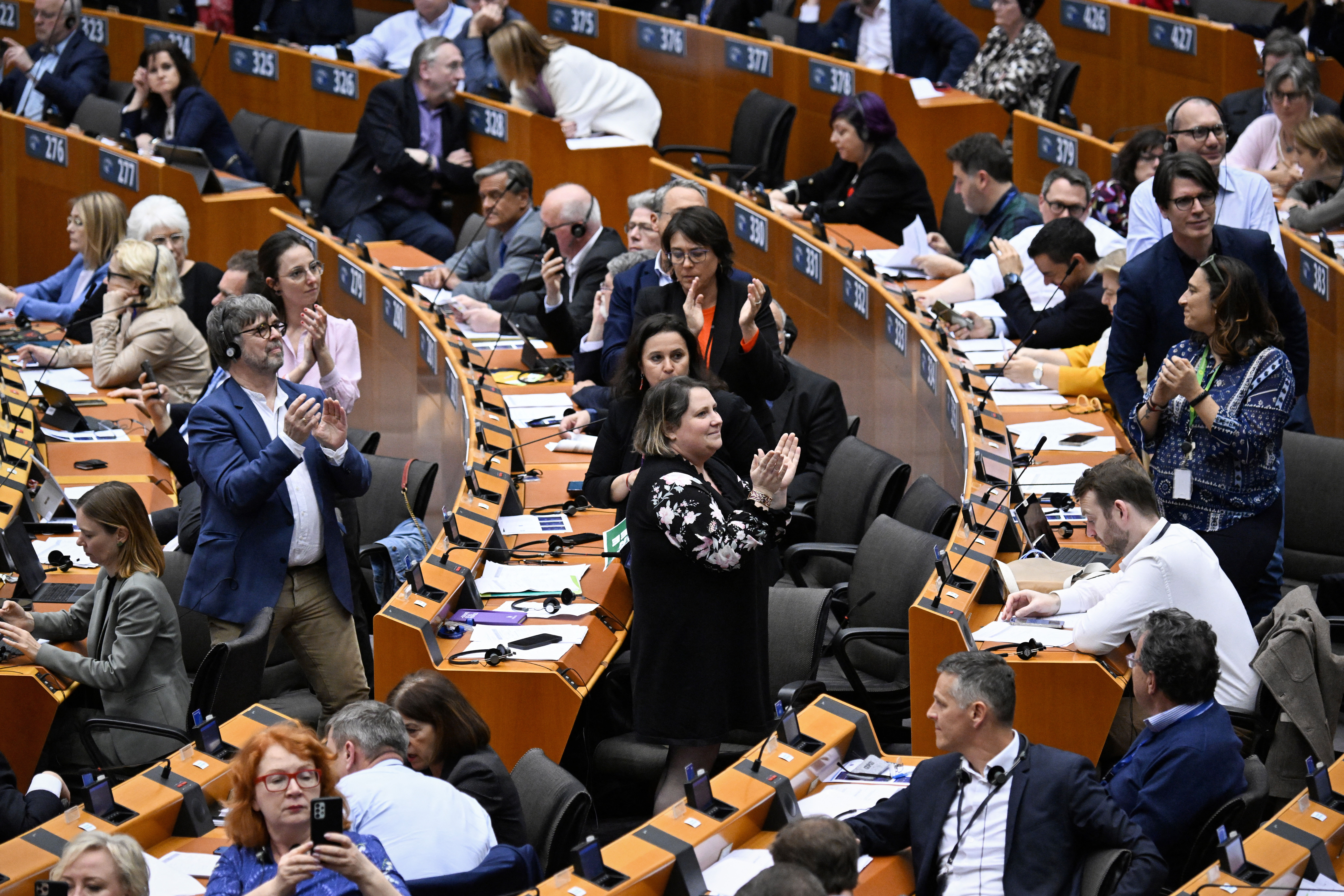European Parliament approves contentious migration pact

The European Parliament approved the migration pact on Wednesday. The package of 10 laws strengthens the control of migrants' arrival in the EU and introduces a solidarity system between member states for the reception of asylum seekers.
The legislation introduces a mandatory solidarity system for member states under pressure from migration. All member states will have to assume a share of the responsibility for managing asylum applications, by accepting asylum seekers on their territory, by making a financial contribution or by providing operational and technical support.
The text also sets out new criteria for determining which member state is responsible for examining applications for international protection, replacing the Dublin Regulation from 2013.
A controversial part of the package is the creation of border facilities to receive asylum seekers, examine their claims and quickly return those who do not qualify for protection to their country of origin. Many NGOs fear this will lead to more human suffering.
That the pact has many opponents was demonstrated by the appearance of protesters who briefly disrupted the vote. Activists threw paper airplanes at MEPs, shouting "this plan kills, vote no". After the results were announced, the Left group in the European Parliament wrote on X that it was "a dark day for human rights".
Von der Leyen thanks Belgium
In a press conference after the vote, European Commission president Ursula von der Leyen said the migration and asylum pact would make a "real difference" for Europeans, striking a balance between more secure borders and respect for fundamental rights.
Von der Leyen also thanked Belgian prime minister Alexander De Croo and the Belgian EU presidency "for getting us over the finishing line".
"Migration is a complex phenomenon for which there is no magic solution. But this pact provides member states with the tools to better control and manage the flows of migration," De Croo said. "It is a first step, but a very important first step."
"This pact provides member states with the tools to better control and manage the flows of migration"
Parliament's approval doesn't mean the pact is guaranteed to come into force. European member states must still formally give their approval by a qualified majority. This vote is expected to take place at the end of April.
© PHOTO JOHN THYS / AFP
Related news

